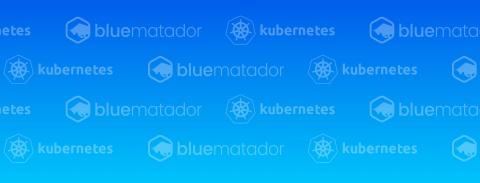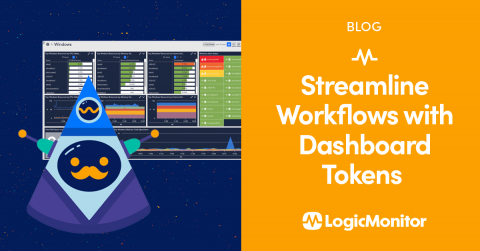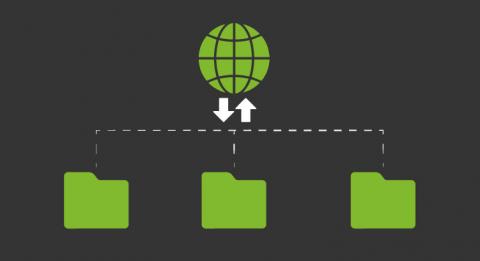How to Monitor Kubernetes With Blue Matador
Kubernetes is the defacto solution for production-ready container orchestration in 2019. Organizations of any size are able to take advantage of Kubernetes’ quick setup, feature-rich API, and growing community to deliver value quickly and at scale. Since Kubernetes is central to many infrastructures, properly monitoring your Kubernetes clusters is critical. In this post, we will go over how Blue Matador monitors each piece of your Kubernetes cluster automatically.











